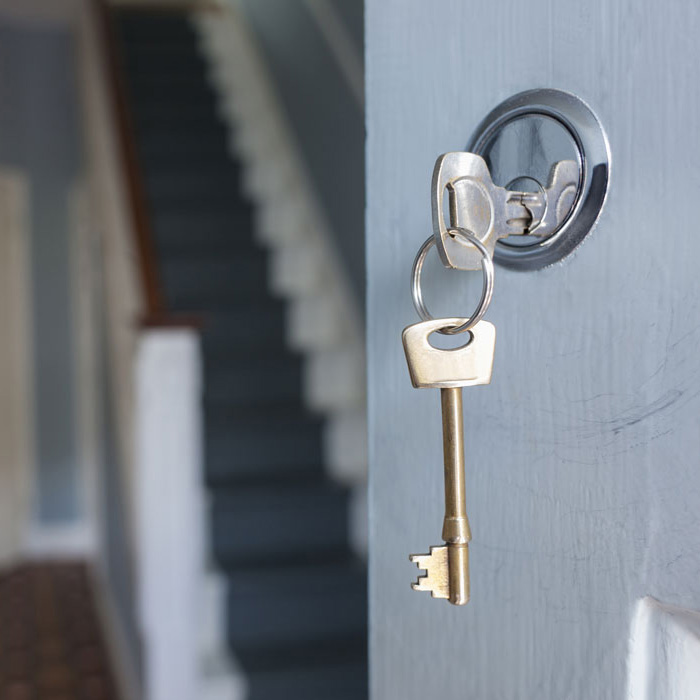Go paper-free
Amend paper-free preferences for your statements and correspondence.
For people wondering if they’re eligible for a mortgage. Learn how lenders decide who to offer a mortgage to and what you need to apply.
When you apply for a mortgage, a lender will want to know that you can repay the money you borrow. They’ll look at lots of factors to decide whether you are eligible for a mortgage.
These include your finances, any debts, your credit history, how much you earn and how much you spend.
Making checks is a way of making sure that the person is comfortable with the repayments and can afford them.

A lender will look at lots of things including:
One of the key methods of checking your mortgage eligibility is to apply for an Agreement in Principle.
By applying for an Agreement in Principle, a lender will ask for financial information. They’ll use this to perform a soft credit check to let you know if you're likely to get a mortgage.
It will also show you how much you might be able to borrow before you make a full mortgage application.

You might need to show your provider some documents to prove your eligibility, such as:
If you’re self-employed, your lender may also ask to see:
There’s no way to guarantee being accepted for a mortgage. But there are things you can do to help increase your chances.
Buy to let mortgages are when you buy a property to rent out, instead of to live in. You’ll need to meet stricter criteria to be eligible and lenders will look at:
Read about next steps if your application has been declined.